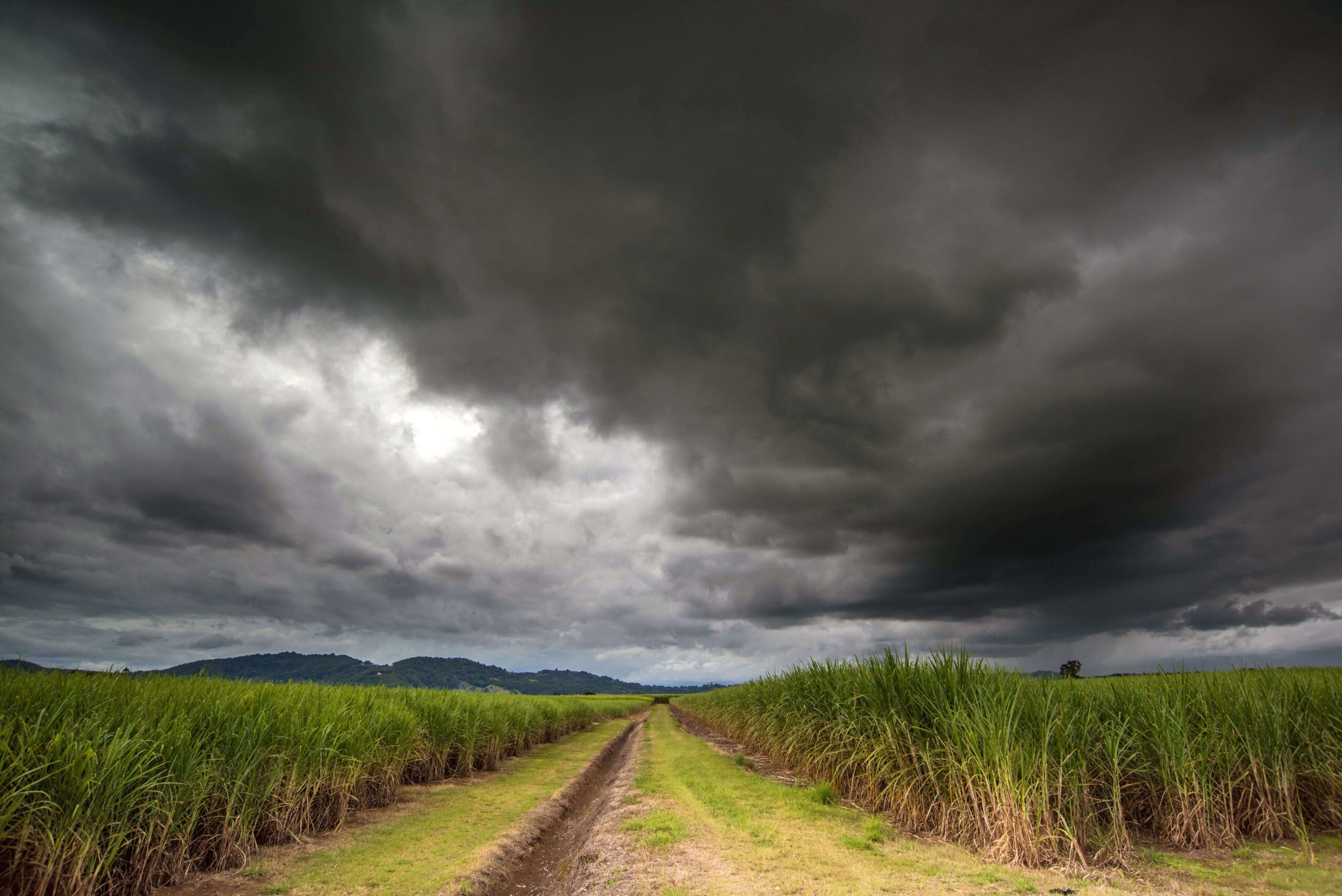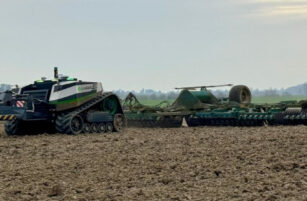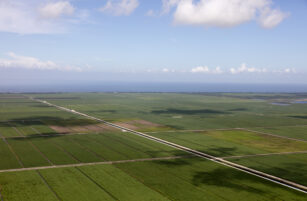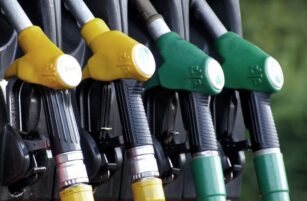- Hurricane Laura made landfall in Louisiana last night; this is the region’s strongest hurricane in the last 10 years.
- It will hit some of Louisiana’s cane-growing regions, which account for 20% of US sugar production.
- The cane and general harvesting infrastructure could be damaged by flooding and high winds.
Where Did Hurricane Make Landfall?
- The hurricane made landfall on the western coast of Louisiana and the Gulf of Mexico.
- This is an area with a large number of cane fields.
- We think it will continue moving north in the coming days.
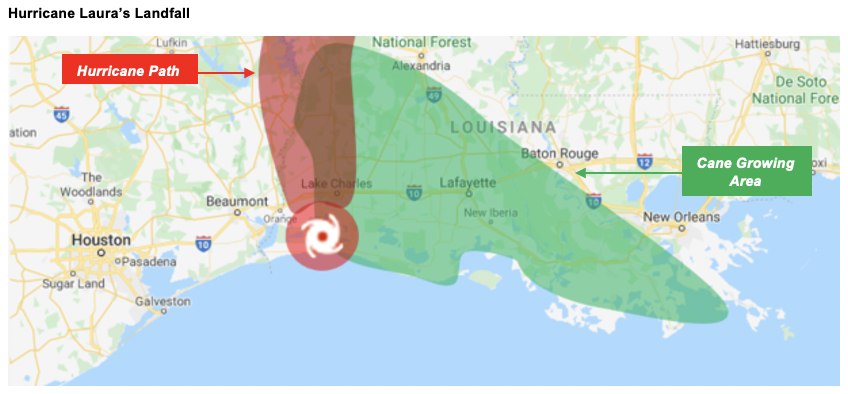
- The above area is suffering storm surges and some forecasts warn that water levels could rise up to 20 feet.
- The initially labelled Category 4 hurricane has now been re-categorised as Category 2, but it remains hugely powerful and destructive as winds continue to reach 110mph.
How Will the Cane be Affected?
- Cane is a very resilient crop and ‘weak’ storms can actually be beneficial for the cane due to the excess water they bring.
- However, if the cane is submerged for more than two weeks, this will impact yields.
- If the winds cause extreme damage too, the cane could be uprooted from the ground and die.
- Sustained winds can also damage the harvesting infrastructure and limit access for field maintenance, further reducing the crop size and yields.
- The last time Louisiana’s cane fields underwent significant damage was during Hurricane Katrina (Category 5) in 2005.

- We do not think the damage caused by Hurricane Laura will be as severe as that caused by Hurricane Katrina.
- However, the extent of the damage is hard to predict so we will continue to closely monitor the situation.
- At present, we think the US will produce a rebound crop next season, reaching 4.06m short tons of cane sugar.

- Total sugar production should reach 9.27m short tons, up from 7.99m last season.

Other Opinions Written by This Author…
- Will Locusts Reduce Colombia’s Cane Yields?
- Central America: Capitalising on Thailand’s Poor Cane Crop
- US 20/21 Sugar Production: A Return to Normality?

